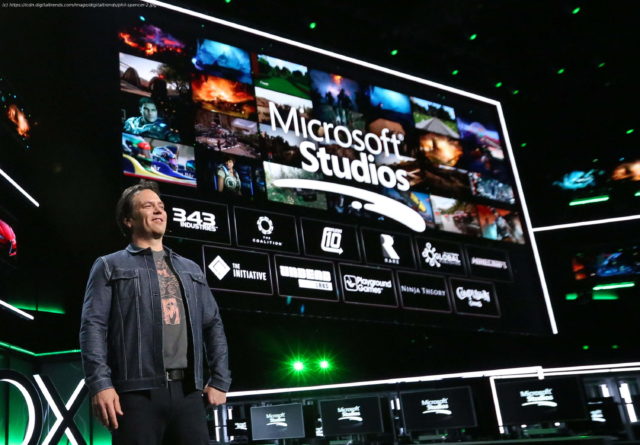Microsoft announced that it plans to buy Activision Blizzard for nearly $70 billion, but the companies have a long road ahead before the deal closes.
On an unassuming Tuesday following a national holiday, Microsoft dropped a bombshell. And yes, this situation qualifies as a bombshell. Microsoft announced that it planned to purchase Activision Blizzard with cash for $68.7 billion — the largest cash acquisition ever. That’s ever — period, not just for Microsoft, the gaming industry, or even tech companies as a whole. While everyone is still digesting the news, one question has popped up: Will the deal actually go through? We have some recent historical context. There will be a lot of bumps over the next few years, and although the Microsoft and Activision Blizzard deal may eventually close, the companies have a long way to get there. We don’t know right now. There isn’t a history of deals like this, neither for Microsoft nor Activision Blizzard, and it marks the largest purchase Microsoft has ever made. We can speculate, but the reality is that we won’t know if the acquisition will go through until the final papers are signed. Right now, there’s a similar deal in limbo: Nvidia’s $40 billion purchase of chipmaker ARM. In the tech industry at least, this is the second-largest acquisition of the 2020s so far, only sitting behind Microsoft’s deal with Activision Blizzard. The Nvidia deal has been passed around to regulators around the world for two years now, eventually climaxing in December 2021 when the Federal Trade Commission (FTC) sued Nvidia. Now, analysts project that the deal is dead. Nvidia’s deal is worth $40 billion, while the Microsoft acquisition is worth $68.7 billion. So, case closed, right? Unfortunately, there’s more to the story than that. For Nvidia and Arm, there’s a compelling argument that the deal could stifle competition and further consolidate the already narrow chip-making market. In the world of game development, even indie publishers like Devolver Digital have built businesses worth $1 billion or more. The competition is still thriving.






